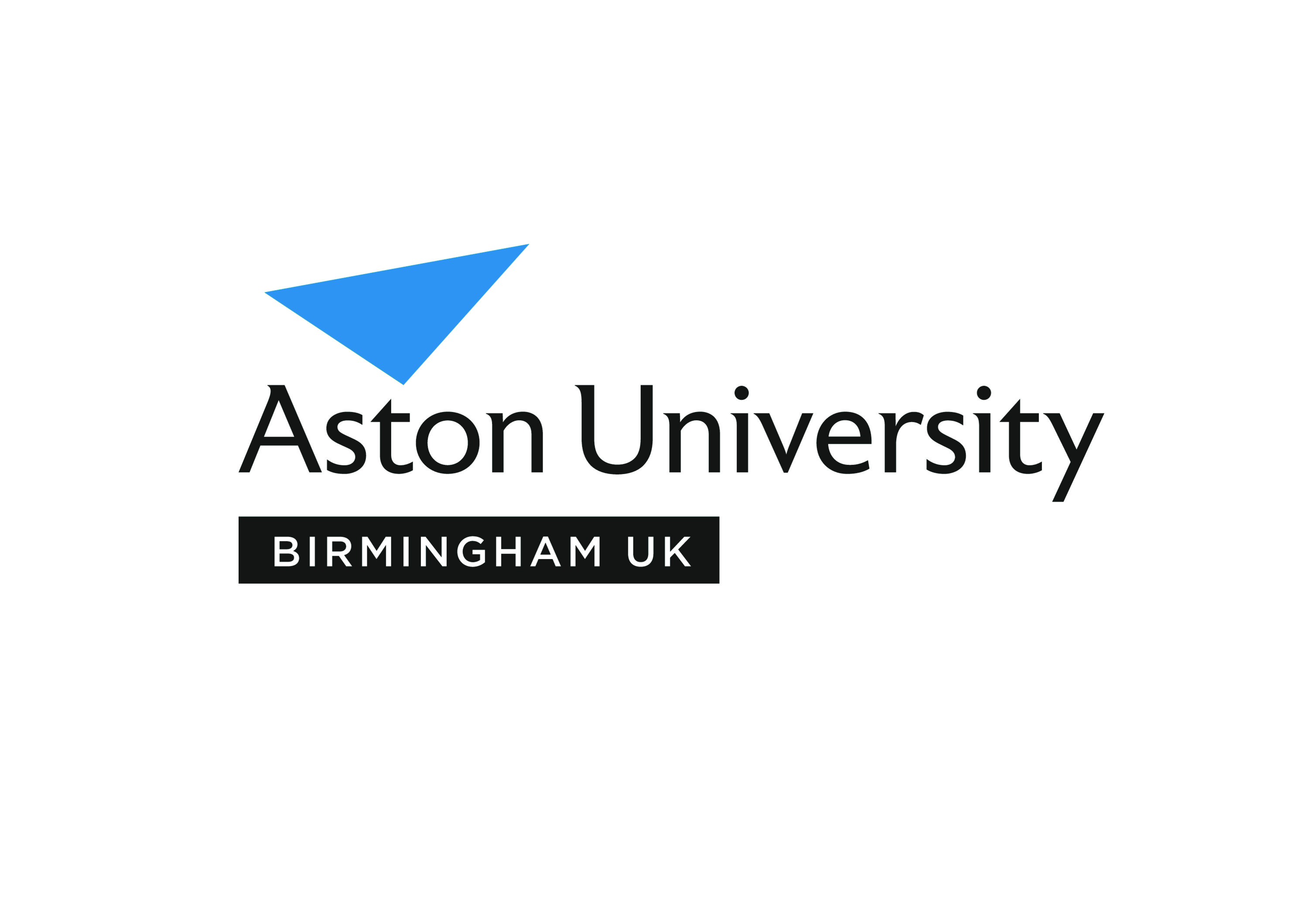- Learning
The Changing Role of the University Executive Education Function
A new co-ordination across Aston University is bringing faculty and expertise together from different schools and departments to create and deliver new value and services for clients in a way which other universities can learn from
This change is part of a wider reorganisation of the university itself, which will see a five-school structure giving way to three broader colleges in the coming years. With that change, Hodgetts is seeing that his new CCS team now has a legitimate relationship with all the schools—or colleges—across the university. Further, the shift brings with it opportunities for much broader access to the corporate sector, and more sophisticated and richer programs can be offered as a consequence of that.
“We still have an emotional home within the business school, with the core executive education business. But from an organizational and operational standpoint the university is a larger beast. It has more complex and broader relationships that are not owned purely by the business school. Things like knowledge transfer partnerships, research collaborations—these are often driven out of other schools at the University. There is expertise that exists within these other schools that can usefully and sensibly form part of an exec-ed program.”

The significant driver for this change, as Hodgetts explains, is the increasing importance of the Apprenticeship Levy to the operations of the University, with it now representing approaching 10% of total student numbers. This is a significant number, but it also means that nearly 1,000 people on Aston programs are there not entirely due to the participants’ decision, but as part of a corporate decision-making and budget allocating process.
There is expertise that exists within these other schools that can usefully and sensibly form part of an exec-ed program.”
Hodgetts cites a large UK car manufacturer client that has a senior leader on the Engineering Leadership and Management program, and a further four on the Senior Leaders Degree Apprenticeship program, both of which are Level 7 Apprenticeships, gaining Masters degrees. “This type of activity is often the beginning of a longer relationship and because of the nature of the Apprenticeship programs we’re having to keep all employers informed—working closely with them and collaborating. The employer has a significant responsibility themselves in terms of mentoring and supporting the person on the program, so it is very much a three-way relationship between the apprentice, the employer and the provider. In many ways it's what a good executive education program is and should be, but it's delivered through a different framework. So we suddenly find ourselves with several hundred employers, of a variety of different sizes and from a whole host of different industries, who are now engaging with the University in this three-way relationship—and that three-way relationship requires management.”
The University has a wealth of people and resource that can manage students, but experience in dealing with businesses is more limited. The focus began to fall on the executive education department to deliver this increasing number of relationships that are predominantly Apprenticeship Levy initiated, but can then evolve quickly into deeper, customised executive programs over the longer-term.
That said, and with Apprenticeship Levy programs only being available to organizations based in England, Hodgetts stresses that the core executive education programs that have been the mainstay of the Business School’s corporate relationships, will continue at the core of their provision. It is important for Aston to be providing services that are relevant and applicable to corporate clients from outside of England. “A full-service exec-ed offer is absolutely critical. There's no question that the mix of activities we’re involved in has changed over the last 12 months, but the full-service exec-ed solution is always going to be our core business and it's always going to be our core competence. That consultative skill that we have, of working in partnership with clients, means that we can go out and we can have conversations based around client need, rather than going out with a product-led approach.”
The full-service exec-ed solution is always going to be our core business and it's always going to be our core competence"
Hodgetts sees that Aston is able to be highly solution-focused, rather than product-focused, and that is a real differentiator to many of their competitors, which will only be enhanced with the new, wider reach into the rest of the University.
This is already manifesting itself in a proposal with an NHS Health Trust which draws heavily on content from the School of Life and Health Sciences and the Medical School at Aston. Another with the nuclear sector is almost exclusively based on content from the School of Engineering, but the program design and the support is driven from Hodgetts’ department with their depth of knowledge and experience on this kind of program and participant.
Hodgetts sees the Apprenticeship Levy as being part of a bigger shift, with adult-learning and development becoming more closely woven together with workplace funding. Here the increase in their range and reach is a huge benefit in developing solutions to meet that growing market. Many in the UK academic executive education sector think, he says, that they have cut their ties from the business school, but that is not the case. “Now our line of reporting has changed and our budget structure has changed; but the job we do, the faculty that we deliver it through, the rooms we deliver it in, the processes we apply, all of them are exactly the same. And to my mind, this gives us a level of freedom and flexibility, whilst still staying true to the core business of exec-ed.”
Ultimately for Hodgetts the huge opportunity at hand is to be able to access this much wider range of expertise to serve their corporate clients. He notes that where expertise sits within a university is often quite arbitrary, and can be exclusionary as a result, limiting access to that knowledge for no reason other than it sits in a different department. “We've got a tremendous amount of expertise in logistics and supply chain operations, and we've got a tremendous amount of expertise in project management. Both would be very useful in a business school program, but these guys sit in the School of Engineering. Why should we worry about any Chinese walls that stop us from accessing that expertise?”
Hodgetts approach is breathing a new co-ordination into Aston’s ecosystem, brokering relationships across the University and bringing differing schools’ faculty and expertise together to create and deliver new value and services for clients. “I've always been of the view that while I might be based in the business school, it says Aston University on my payslip, so we should be working collaboratively for the whole organization, not just the silo we sit in.” This attitude may shake-up the more conservative and traditional minds within academia, but it is in step with the modern way to create value for clients, by being less territorial and more collaborative.
Over 50 years of pioneering commitment to research, teaching and enterprise has made Aston internationally renowned for delivering local and global impact. We have a bold vision for collaboration with our clients, creating and sharing the vital knowledge that helps them tackle their most pressing real-world challenges.
ARTICLES YOU MIGHT LIKE
VIEWPOINT
For Thomas Misslin, transformation rather than training is the aim of executive education at emlyon business school
DEVELOPING LEADERS QUARTERLY MAGAZINE AND WEEKLY BRIEFING EMAILS


































